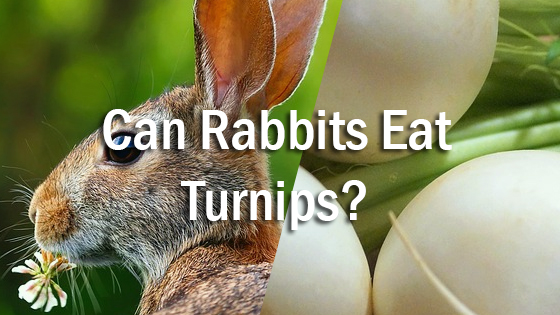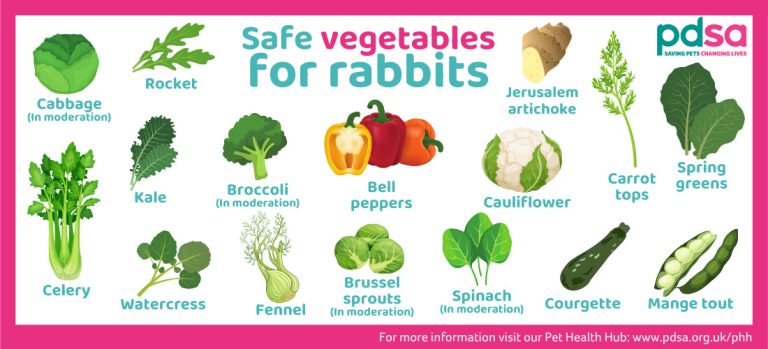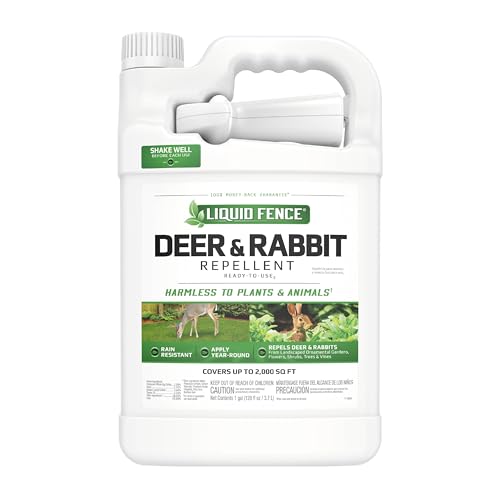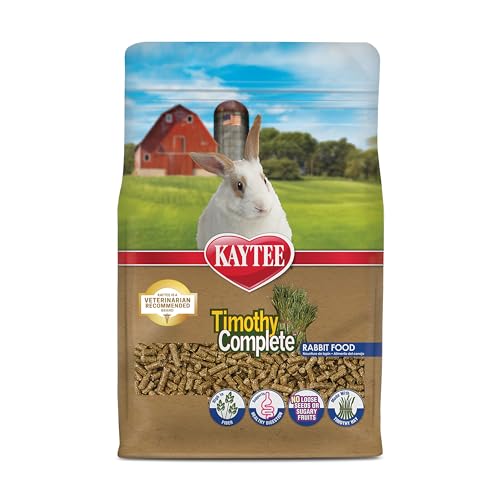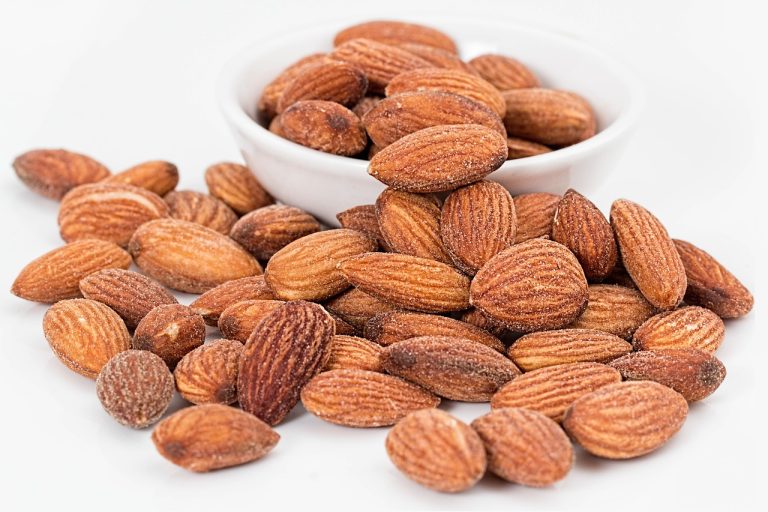Can Rabbits Eat Turnips? [Vital Tips for Healthy Pets]
Yes, rabbits can eat turnips, but they should be given in moderation. Turnips contain oxalates, which can be harmful in large amounts.
Rabbits are herbivores, primarily thriving on hay, fresh greens, and vegetables. Understanding their dietary needs is essential for their health. Turnips are root vegetables packed with nutrients. They offer vitamins and minerals beneficial to rabbits but should only be a small part of their diet.
Overfeeding turnips may lead to digestive issues due to their high starch content. Always introduce new foods gradually to avoid upsetting your rabbit’s stomach. By ensuring a balanced diet, you promote your rabbit’s well-being and longevity. Consult a veterinarian for personalized dietary advice tailored to your pet’s needs.
Essential Nutrients for Rabbits
Rabbits require specific nutrients to thrive. Their diet should include:
- Fiber: Helps digestion and prevents obesity.
- Protein: Supports growth and energy.
- Vitamins: Essential for overall health. Vitamins A, D, and E are important.
- Minerals: Calcium and phosphorus strengthen bones.
Providing fresh hay is vital. Hay is rich in fiber. Fresh vegetables add vitamins and minerals. Always introduce new foods slowly.
Common Misconceptions About Rabbit Food
Many myths exist about rabbit diets. Here are some common misconceptions:
- Rabbits can eat only carrots: This is false. Carrots are high in sugar.
- All vegetables are safe: Not all veggies are good. Some can be harmful.
- Rabbits don’t need hay: Hay is crucial. It aids digestion and keeps teeth healthy.
- Fruits are a staple: Fruits should be treats, not a main meal.
Understanding these myths helps keep rabbits healthy. A varied diet is key to their well-being.
Turnips: A General Overview
Turnips are root vegetables that belong to the Brassica family. They are commonly found in gardens and farms around the world. Known for their crisp texture and mild flavor, turnips are versatile. They can be eaten raw, cooked, or pickled. Understanding their nutritional benefits and various types helps pet owners decide if rabbits can enjoy them.
Nutritional Profile of Turnips
Turnips are low in calories and high in nutrients. They provide essential vitamins and minerals. Here’s a quick look at their nutritional profile:
| Nutrient | Amount per 100g |
|---|---|
| Calories | 28 |
| Protein | 1g |
| Carbohydrates | 6g |
| Fiber | 1.8g |
| Vitamin C | 21mg |
| Calcium | 50mg |
| Potassium | 230mg |
Turnips are an excellent source of Vitamin C. They help strengthen the immune system. Their fiber content supports healthy digestion. These factors make turnips a great addition to a balanced diet.
Varieties And Parts of The Turnip Plant
Turnips come in various varieties. Each type has unique flavors and uses. Here are some common types:
- Purple Top Turnip: Has a white body with a purple top.
- Golden Globe: Round, yellow turnip with a sweet taste.
- Tokyo Cross: Small, white, and mild-flavored.
All parts of the turnip plant are edible:
- Roots: The main edible part, rich in nutrients.
- Leaves: Also known as turnip greens, packed with vitamins.
- Flowers: Can be used as a garnish in salads.
Each part offers different flavors and textures. This variety makes turnips an exciting choice for both humans and pets.
Safe Foods for Rabbits
Choosing the right foods for your rabbit is essential. A balanced diet keeps them healthy and happy. Safe foods help avoid digestive problems. Always opt for fresh options. Here’s what you should know.
Vegetables In A Rabbit’s Diet
Vegetables play a key role in a rabbit’s diet. They provide necessary vitamins and minerals. Here are some safe vegetables:
- Carrots
- Romaine lettuce
- Bell peppers
- Spinach
- Turnips
Offer a variety to keep meals interesting. Fresh, leafy greens are best. Avoid starchy or high-sugar vegetables. Always wash and chop vegetables into small pieces.
Fruits As Occasional Treats
Fruits can be a delightful treat. Offer them in moderation. Too much sugar can harm their health. Here are some safe fruit options:
| Fruit | Serving Size |
|---|---|
| Apples | 1-2 slices |
| Blueberries | 3-5 berries |
| Bananas | 1 small slice |
| Pineapple | 1 small chunk |
Always remove seeds and cores. Serve fruits as a special reward. This keeps your rabbit excited about meals.
Risks of Feeding Turnips to Rabbits
Feeding turnips to rabbits can pose certain risks. While rabbits can eat some vegetables, turnips may not be the best choice. It’s crucial to understand the potential issues before introducing turnips into their diet.
Possible Digestive Issues
Turnips can cause digestive problems in rabbits. These issues may include:
- Gas buildup
- Diarrhea
- Bloating
Rabbits have sensitive digestive systems. Introducing new foods can upset their stomachs. Always monitor their reaction when feeding turnips.
| Symptoms | Possible Causes |
|---|---|
| Gas | High fiber content in turnips |
| Diarrhea | Sudden dietary changes |
| Bloating | Overeating turnips |
High Sugar Content Concerns
Turnips contain more sugar than many other vegetables. High sugar levels can lead to:
- Weight gain
- Dental problems
- Increased risk of obesity
Rabbits thrive on a low-sugar diet. Limit sugary foods to keep them healthy. Always provide fresh hay and vegetables low in sugar.
Understanding these risks helps keep your rabbit happy and healthy.
Benefits of Turnips for Rabbits
Turnips are a nutritious vegetable for rabbits. They offer essential vitamins and minerals. Including turnips in a rabbit’s diet can boost health. Let’s explore the benefits of turnips for our furry friends.
Vitamins And Minerals In Turnips
Turnips are packed with essential nutrients. Here’s a quick overview of the vitamins and minerals found in turnips:
| Nutrient | Amount per 100g |
|---|---|
| Vitamin C | 21 mg |
| Vitamin K | 0.2 mg |
| Calcium | 50 mg |
| Potassium | 250 mg |
- Vitamin C: Supports immune health.
- Vitamin K: Aids in blood clotting.
- Calcium: Essential for bone health.
- Potassium: Helps in muscle function.
Fiber Content And Digestive Health
Turnips are high in fiber. Fiber is crucial for a rabbit’s digestive system. It promotes healthy gut movement and prevents issues. A diet rich in fiber helps avoid obesity and gastrointestinal problems.
- Improves digestion.
- Reduces the risk of obesity.
- Prevents gastrointestinal stasis.
Including turnips in moderation can support your rabbit’s health. Ensure to wash and chop them before serving. Monitor how your rabbit reacts to new foods.
How To Introduce Turnips To Your Rabbit?

Credit: www.reddit.com
Introducing turnips to your rabbit’s diet should be done slowly. Rabbits have sensitive stomachs. Sudden changes can cause digestive issues. Follow these steps to ensure a smooth introduction.
Serving Size And Frequency
Start with a small amount. A piece the size of a quarter is enough. Monitor your rabbit’s reaction closely. Here’s a simple guideline:
| Age of Rabbit | Serving Size | Frequency |
|---|---|---|
| Under 6 months | 1/4 of a turnip | 2-3 times a week |
| 6 months to 1 year | 1/2 of a turnip | 3-4 times a week |
| Over 1 year | 1 turnip | Once a week |
Keep the serving size small. Increase it gradually based on your rabbit’s tolerance. Always provide fresh water alongside the turnips.
Observing Your Rabbit’s Reaction
Watch your rabbit after introducing turnips. Look for signs of discomfort. Signs may include:
- Loose stools
- Refusal to eat
- Excessive grooming
Normal reactions include:
- Curiosity about the new food
- Increased energy
- Normal eating behavior
Keep track of your rabbit’s health. If any issues arise, stop feeding turnips immediately. Consult a vet if needed.
Alternatives To Turnips
Rabbits can enjoy many vegetables besides turnips. Finding safe alternatives helps maintain their health. A varied diet keeps your rabbit happy and well-nourished.
Other Safe Vegetables For Rabbits
Several vegetables are excellent choices for your rabbit. Here’s a list of safe options:
- Carrots – Rich in vitamins.
- Broccoli – Contains fiber and antioxidants.
- Bell Peppers – Full of vitamin C.
- Romaine Lettuce – Hydrating and nutritious.
- Spinach – Good for overall health.
These vegetables provide essential nutrients. Always wash them before feeding. Introduce new vegetables gradually.
Creating A Balanced Diet Plan
A balanced diet is vital for your rabbit’s well-being. Incorporate a mix of hay, fresh vegetables, and pellets.
| Food Type | Recommended Amount |
|---|---|
| Hay | Unlimited |
| Fresh Vegetables | 1 cup per 2 lbs of body weight |
| Pellets | 1/4 cup per 5 lbs of body weight |
Monitor your rabbit’s weight and adjust portions. Fresh water should always be available. Keep treats to a minimum.
Expert Advice On Rabbit Nutrition

Understanding rabbit nutrition is vital for their health. Rabbits need a balanced diet. This ensures they thrive and stay happy. Consulting with experts helps pet owners make the best choices.
Consulting With A Veterinarian
Always seek advice from a veterinarian. They provide valuable insights into rabbit nutrition.
- Vets understand individual health needs.
- They can recommend proper food types.
- Regular check-ups help track dietary changes.
Ask about specific foods like turnips. Some rabbits may react differently to certain vegetables. A veterinarian can guide you on safe options.
Customizing Diet Based On Rabbit’s Needs
Every rabbit is unique. Their diet should reflect their age, size, and health.
| Rabbit Age | Diet Recommendations |
|---|---|
| Baby Rabbits | High fiber, hay, and pellets. |
| Adult Rabbits | Timothy hay, fresh greens, and limited pellets. |
| Senior Rabbits | Soft hay, easy-to-chew veggies, and fewer pellets. |
Introduce new foods gradually. Monitor for any signs of digestive issues. Adjust portions based on activity level.
- Fresh greens: Kale, parsley, cilantro.
- Veggies: Carrots, bell peppers, and turnips (in moderation).
- Hay: Timothy, oat, or meadow hay.
Customizing a diet keeps rabbits healthy and energetic.
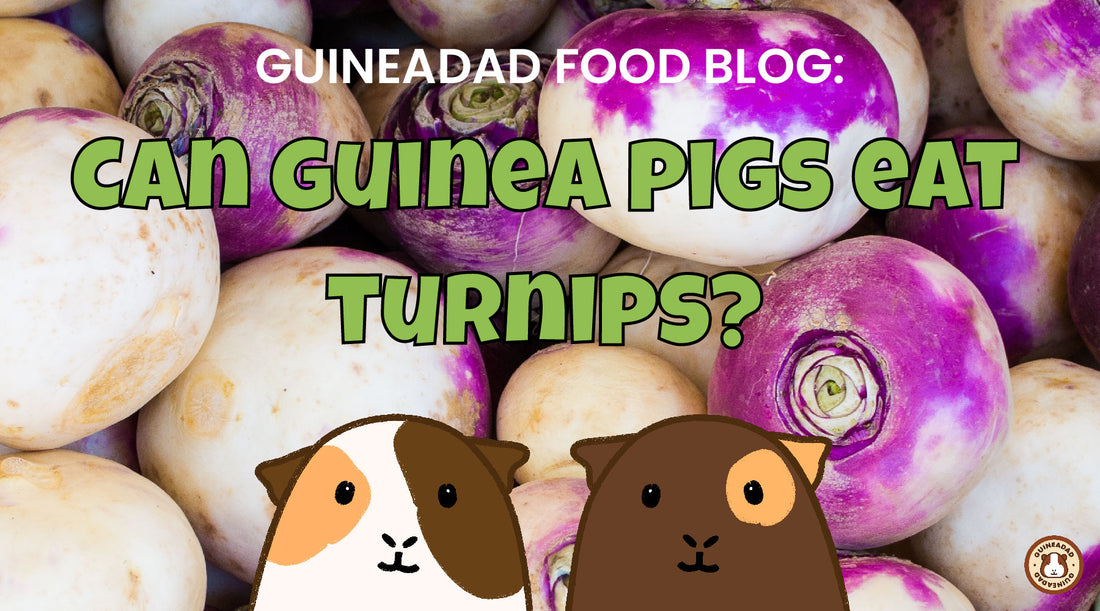
Credit: guineadad.com
Frequently Asked Questions
Can Rabbits Safely Eat Turnips?
Yes, rabbits can eat turnips in moderation. These root vegetables provide nutrients but should not be a staple.
What Nutrients Are In Turnips For Rabbits?
Turnips contain vitamins C, K, and fiber, which can benefit a rabbit’s overall health and digestion.
How Should I Prepare Turnips For My Rabbit?
Wash and chop turnips into small pieces. Serve raw to retain their nutritional value and freshness.
Are There Any Risks Of Feeding Turnips To Rabbits?
Feeding too many turnips can cause digestive upset. Always introduce new foods gradually and monitor your rabbit’s reaction.
Do rabbits eat turnips?
Rabbits can eat turnips, but they should do so in moderation. Turnips are safe for rabbits and provide some nutritional benefits. The roots and greens are both edible, but the greens are more nutritious.
Always wash turnips before offering them to remove any dirt or pesticides. Introduce turnips slowly to avoid upsetting your rabbit’s stomach. Monitor their reaction and adjust the amount accordingly.
Turnips can be a fun treat, but they shouldn’t make up a large part of their diet. Turnips can be a delightful treat for your furry friend!

